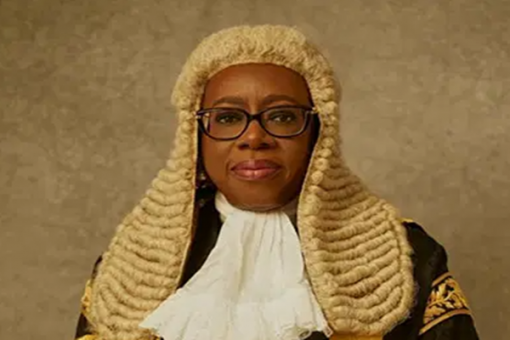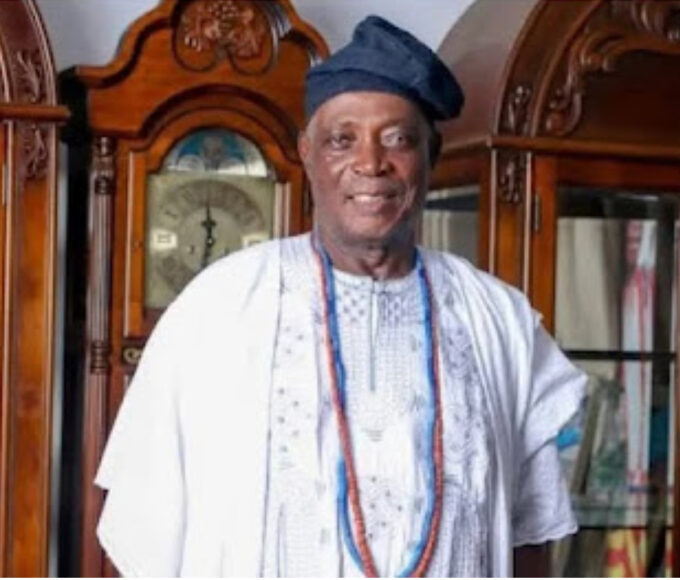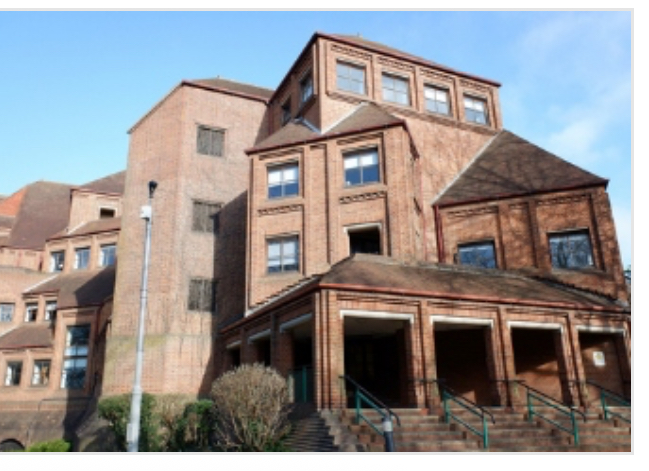Senior Advocates of Nigeria (SANs) and other justice sector stakeholders have implored the incoming Chief Justice of Nigeria (CJN), Justice Kudirat Kekere-Ekun, to prioritise sweeping reforms to restore integrity and transparency in the Judiciary. They said this anomaly requires urgent attention to restore integrity to the system
Prof. Ernest Ojukwu (SAN), former Deputy Director of the Nigerian Law School, Prof. Ernest Ojukwu (SAN), Prof. Samuel Erugo (SAN), and other senior lawyers pointed out that the Judiciary’s reputation has been tarnished, leading to a significant erosion of public faith in its integrity and impartiality.
The senior lawyers yesterday made the statement made in Abuja at a roundtable discussion organized by Tap iNitaitive For Citizens Development and the Network of University Legal Aid Institutions (NULAI), Nigeria on how to address key issues undermining Judiciary’s institutional integrity, effectiveness and service delivery.
The speakers urged Justice Kekere-Ekun to reform judicial appointment process to eradicate nepotism and favouritism, which they claimed has been rampant.
They also touched on the need for the incoming CJN to address challenges relating to abuse of ex-parte orders, conflicting judgments by courts of coordinate jurisdiction and related problems.
Ojukwu, Erugo and the others stressed the need to reform the process of dealing with election petitions and political cases and work on how to enhance discipline and accountability in the system.
Ojukwu advised the incoming CJN to always be guided by the principles of equity, fairness, and justice.
He called for a process that would reduce the influence of the Judiciary in the resolution of election disputes so that political leaders would be the true choices of the electorate, and not the court.
Erugo suggested that the Supreme Court should be reformed in a way that it can review its own judgments, especially when there is a public outcry.
Also, the Executive Director of Tap Initiative, Martin Obono, noted that the National Judicial Council (NJC), which supervises the appointment of judicial officers, attracted public criticism recently over allegations that the outgoing CJN, Justice Olukayode Ariwoola, influenced the appointment of some family members.
Obono claimed that the NJC ignored its guidelines in recent appointments, adding: “There have been reports of insider subversion of the applicable rules governing judicial appointments, such as the reported appointment, in one instance, of a candidate who scored zero in the NJC interview.”
He asked the incoming CJN “to commit explicitly to a policy of restoring integrity and merit to judicial appointments”.
The lawyer noted that achieving this would entail the introduction of transparent processes of selection, advertisement of judicial vacancies, as well as the nomination of candidates, interview, short listing and selection.
Another contributor, Folarin Aluko, said: “There should be a clear practice direction on management of territorial jurisdiction overlaps.
“It is suggested for this purpose that the structure and scope of such overlaps be agreed at the All Nigerian Conference of Judges and the Practice Directions should be uniform across all the court systems in the country.”
















Leave a comment